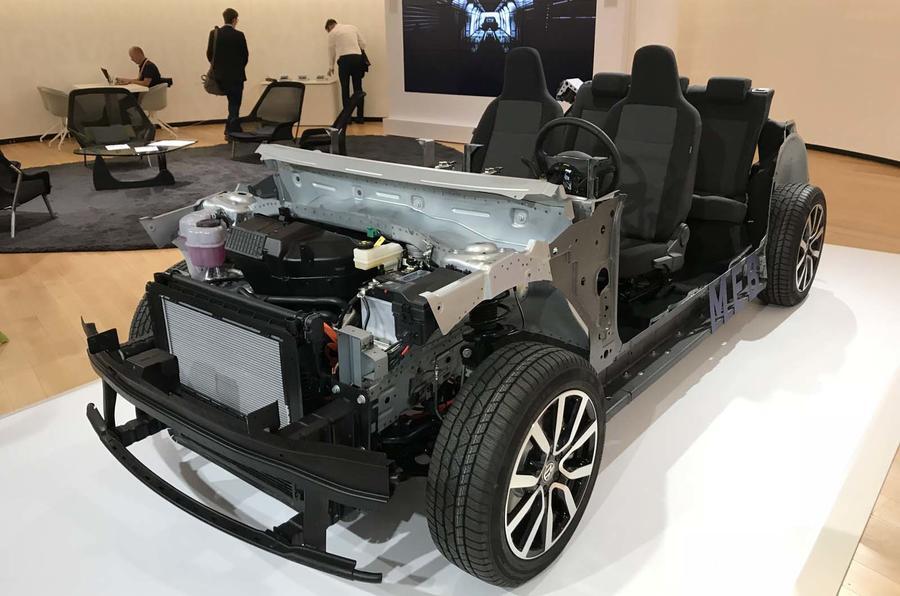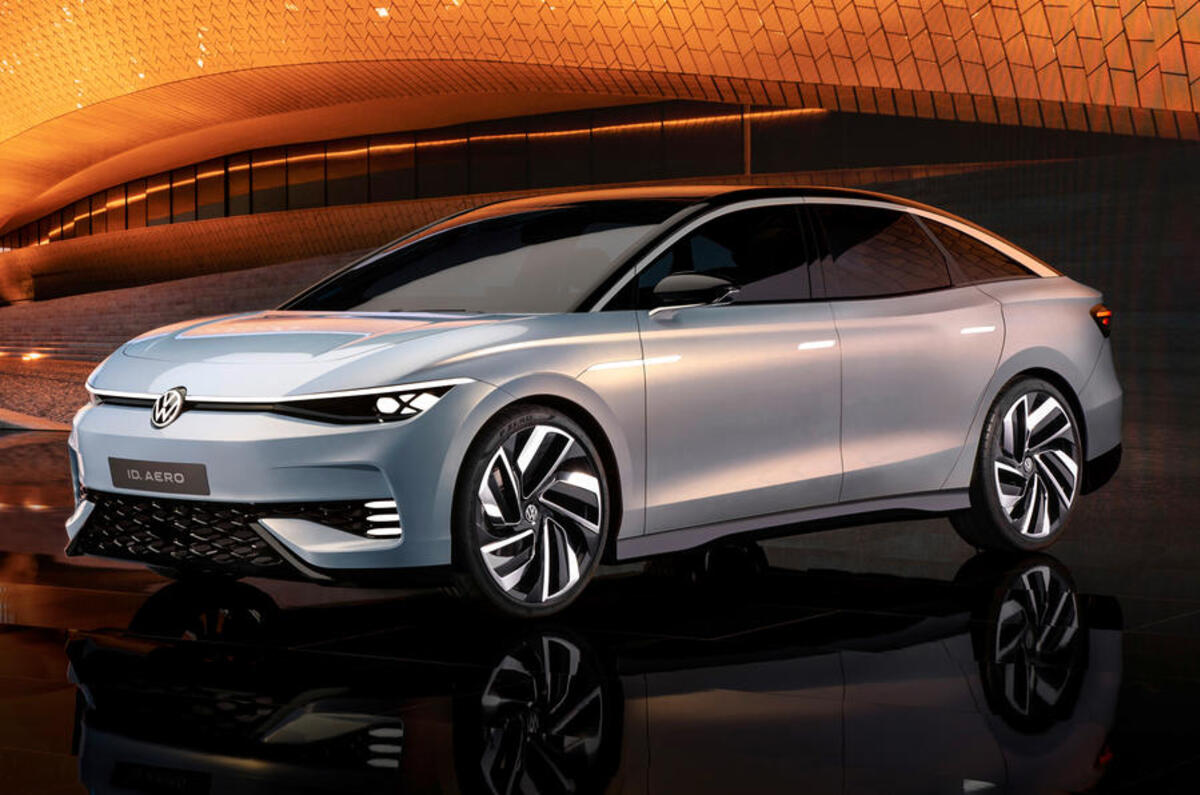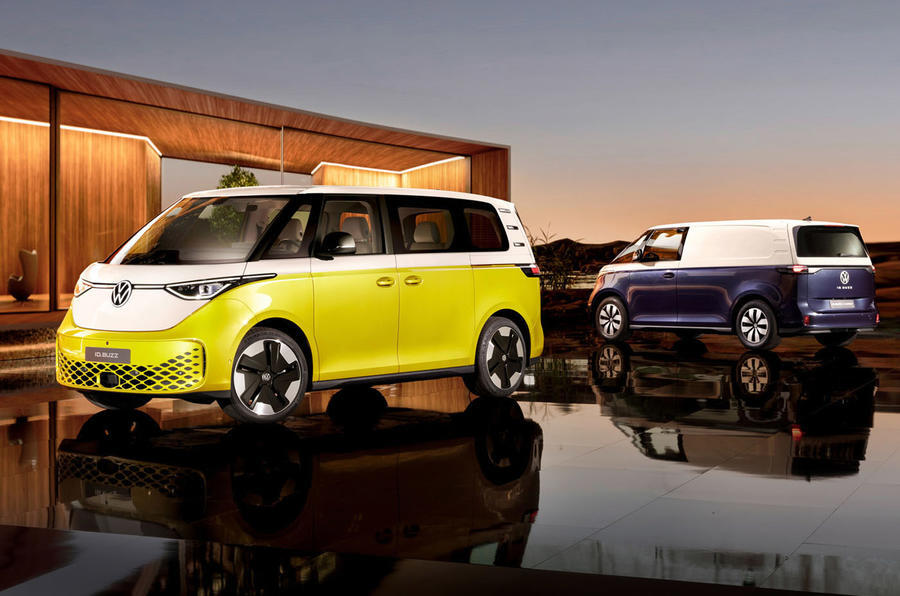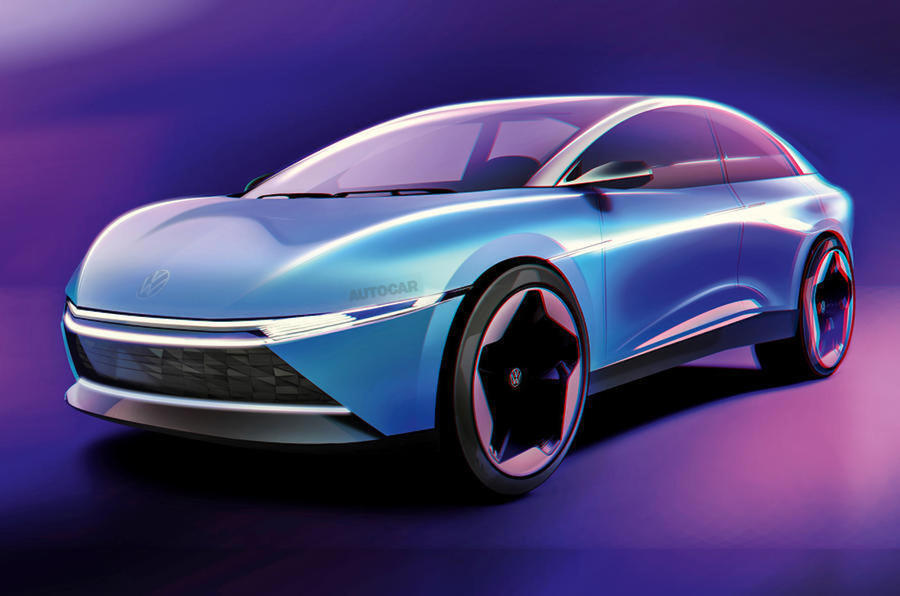Volkswagen Group CEO Oliver Blume has given the go-ahead for a substantial investment in the MEB (Modularer E-Antriebs Baukasten) electric car platform, setting up a fundamental revision of the German car maker’s electric car strategy up to and beyond 2030.
The reported €1.5 billion (£1.3bn) investment, which encompasses the development of more advanced battery cell, power electronics and inverter technology among other changes, comes as the Volkswagen Group begins to roll back on plans originally initiated by former CEO Herbert Diess, following an internal review of future electric car expenditure and processes, much of which has now been placed on hold for further consideration by its board members.
The internal review identified the four-year-old MEB platform, which supports both single-motor rear- and dual-motor four-wheel drive, as a central pillar in instilling greater competitiveness, economies of scale, production efficiency and profitability into the company’s planned electric models.
The investment in the structure, first reported by German newspaper FAZ, is aimed at extending its production life well beyond that of earlier strategy planning, which called for the MEB platform to be phased out during the latter half of this decade in favour of the SSP (Scaleable Systems Platform) structure.

Blume is claimed to have already initiated steps to integrate the battery cell technology originally envisaged for the SSP structure into an updated MEB platform, known internally as MEB-EVO. It centres around a so-called ‘unified cell’ to be used across the Volkswagen Group as part of cost amortisation efforts for the company, which sold 366,000 electric cars during the first nine months of 2022.
Other changes planned for the MEB platform include an increase in charging capacity. Nothing is official yet, although an internal document cited by FAZ is claimed to reveal the upgraded MEB structure will support charging at speeds of between 175kW and 200kW. This represents a significant increase on the peak 135kW of existing MEB-based models.
Despite the investment, though, the updated MEB platform is expected to retain a 400V electric architecture in the interests of cost competitiveness.
The decision to invest in the MEB platform will mean the introduction of the SSP structure – which has been conceived around a more advanced 800V electric architecture, allowing a charging capacity of up to 350kW – is delayed until 2028 at the very earliest.
Confirmation of this was first aired by Volkswagen brand CEO Thomas Schäfer at the recent 2022 Los Angeles motor show, where he told Autocar: “We’re not 100% sure what comes when. But what we know is that everything slides back a bit by, say, two years.”






Join the debate
Add your comment
VW know that getting as much use as possible out of any platform is the path to profit. Their cars remain stylish and beautifully built. The interiors exude quality. Tesla have been overtaken by both the Germans and the Chinese in Engineering know-how. Musk needs to do more than tweet promises. Tesla are stuck with a bunch of boring and same-ish models with the same fat ass look and panel gaps a mile wide, and a dashboard consisting of an old iPad glued to a strip of plastic. "Yeah, but you can play games" says the Elon fan-boy.
It doesn't seem to matter about bad decisions, these big Car companies seem to have an endless supply of Cash Billions,and even if there not making as much as others, there's enough punters out there who don't care how they make Cars as long as they make what they like good or bad.